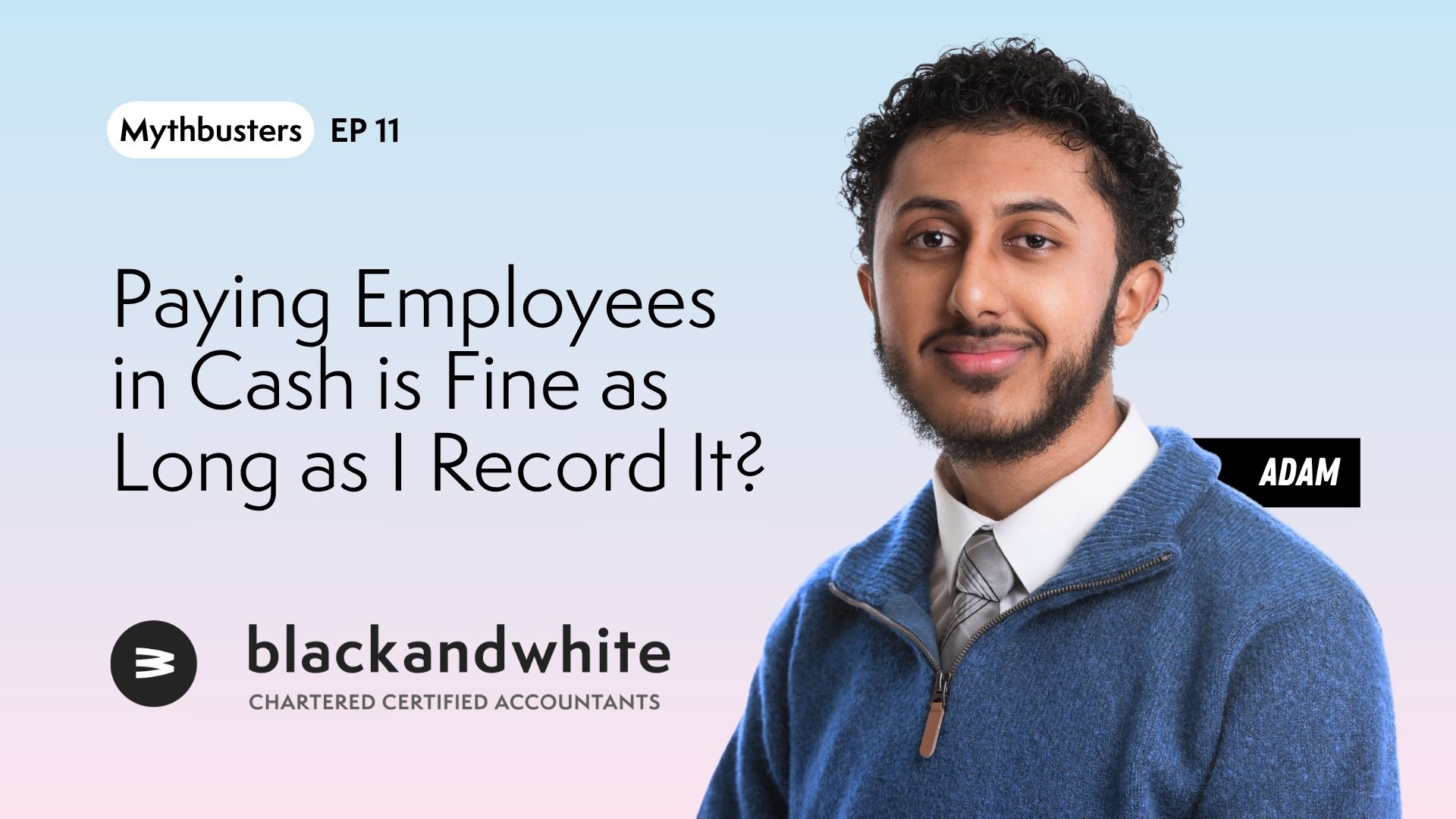It’s strange how some myths linger on despite the evidence stacked against them. The concept of the “common law” husband or wife is a myth people still believe in when planning their finances. Many people still think they can enjoy the tax advantages of being married – but without being married or in a civil partnership.
As well as trying to quash that myth, I’d like to look at some of the tax benefits that are open to you if you are in a qualifying partnership.
Marriage tax allowance
This allows for a non-tax paying partner to transfer a portion of their personal tax-free allowance to their partner. There is a limit as to how much the higher earning spouse can earn and they must not be a higher rate taxpayer to benefit from this additional tax allowance.
Capital Gains Tax
If you’re selling something that would be subject to capital gains tax, you can transfer these items pre-sale between married or civil partners so you are able to use both your annual allowances to make a profit free of tax before you’re required to pay capital gains tax.
As a surviving spouse or civil partner, you may receive the estate of a deceased partner with no immediate taxes to be paid and if the deceased partner had unused Inheritance Tax Nil Rate, this can also be passed to the surviving partner. There’s also potential for another allowance, referred to as the Residence Nil Rate Band, which provides for a further tax exemption if the property was the residence at the time of death.
ISAs
ISAs are exempt from inheritance tax, but the ISA allowance can also be passed on and will be in addition to the surviving partners ISA allowance.
One common strategy is to have both you and your partner as shareholders and directors, so you have double the amount of dividend and income tax bands to use up, depending on any other sources of income you both may have. There is also some pension planning which you can both potentially enjoy, to reduce your corporation tax and increase your financial planning. That said, it does not necessitate you being in a civil partnership or marriage for this to be the case; it is just safer if you do as you are likely to pay them their share if you split up anyway.
Tax allowances for children
The above tax relief schemes are dependent on you being married or in a civil partnership but if you have children, there are additional tax benefits, which don’t rely on you being married or in a civil partnership.
Although the government has consolidated many benefits under the Universal Credits scheme it’s still possible to get tax credit for children under this scheme, which will be assessed based on your circumstances and income.
In addition, if you wish to establish savings for your children, there are tax efficient options to explore to get the most from your investments. Junior ISAs, regular gifts from income and inheritances can attract tax depending on who the gift is from, but they are still worth exploring.
Divorce
According to the ONS, 42% of marriages in England and Wales end in Divorce, with January 7 named ‘Divorce Day’, the day when a break-up is most likely to take place. As you would expect, based on the above, there are some downsides to getting divorced. They include:
- You will lose your spousal transfer for both Capital Gains Tax and Inheritance Tax;
- Divorce does not revoke a will, so make sure you update your accordingly and get the right advice – we can help you here; and
- Whilst there is no Stamp Duty Land Tax if couples split, if you move out of the family home (which is likely to be your largest asset), the final 18 months of ownership will still benefit from the capital gain exemption. However this is reduced to nine months for disposals made one or after 6 April 2020. To make matters worse, after April 2020, any capital gains tax will be payable within 20 days of transfer of a property, rather than in the tax returns following the gain arising.
Expert tax advice in simple Black and White
As with many tax matters, it’s not always straightforward to understand what you may be eligible for and how to make the most of your allowances. Seeking expert advice can help you navigate the tax maze to ensure you benefit fully from any tax benefits.
If you would like further information about how you can make the most of your tax allowances, our specialist tax team can help you, whether you run a large business or a busy family.
Contact Black and White Chartered Certified Accountants today, or call us on 0800 140 4644.



